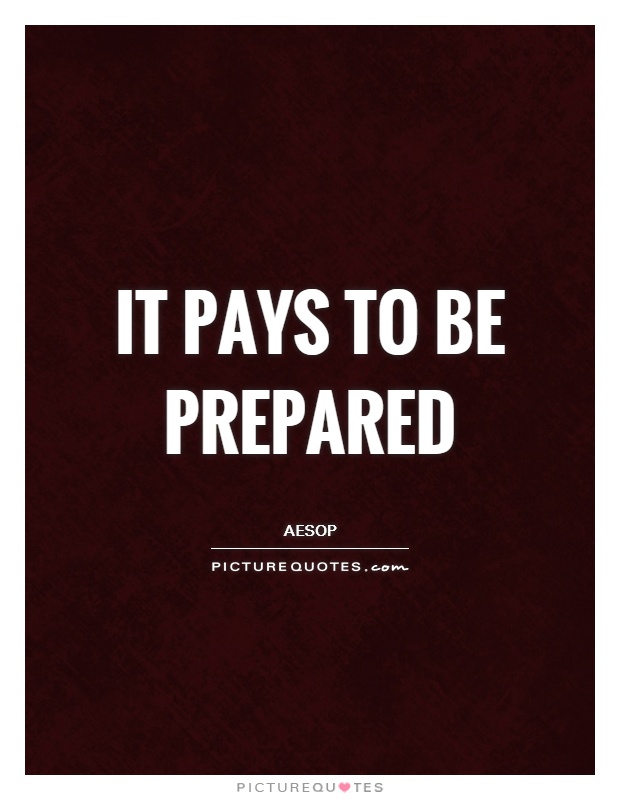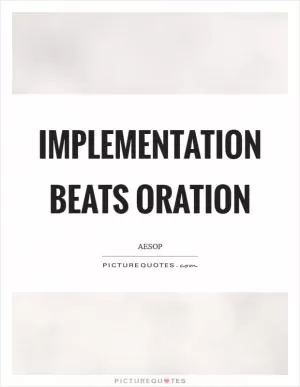It pays to be prepared

It pays to be prepared
In the world of Aesop's fables, the importance of being prepared is a recurring theme that is often highlighted through the various animal characters and their actions. Aesop, a renowned storyteller from ancient Greece, used these fables to teach valuable life lessons and moral principles to his audience. One such fable that exemplifies the importance of being prepared is "The Ant and the Grasshopper."In this fable, the ant spends the summer gathering food and preparing for the winter, while the grasshopper spends his time singing and dancing, neglecting to make any preparations for the future. When winter arrives, the grasshopper finds himself hungry and cold, while the ant is warm and well-fed. The moral of the story is clear: it pays to be prepared.
This fable serves as a reminder that foresight and planning are essential for success and survival. By taking the time to prepare for the future, we can avoid unnecessary hardships and setbacks. The ant's diligence and hard work are rewarded, while the grasshopper's carelessness leads to his downfall.
Another fable that emphasizes the importance of being prepared is "The Boy Who Cried Wolf." In this story, a young shepherd boy repeatedly tricks the villagers into thinking a wolf is attacking his flock, causing them to come to his aid. However, when a real wolf does appear and the boy cries for help, the villagers no longer believe him and the wolf devours his sheep. The boy's lack of credibility and trustworthiness ultimately leads to his downfall.
These fables serve as cautionary tales, warning us of the consequences of being unprepared and dishonest. They remind us that being prepared is not just about physical readiness, but also about being responsible, trustworthy, and reliable. By taking the time to plan ahead, anticipate challenges, and act with integrity, we can avoid unnecessary hardships and ensure our own success and well-being.












 Friendship Quotes
Friendship Quotes Love Quotes
Love Quotes Life Quotes
Life Quotes Funny Quotes
Funny Quotes Motivational Quotes
Motivational Quotes Inspirational Quotes
Inspirational Quotes